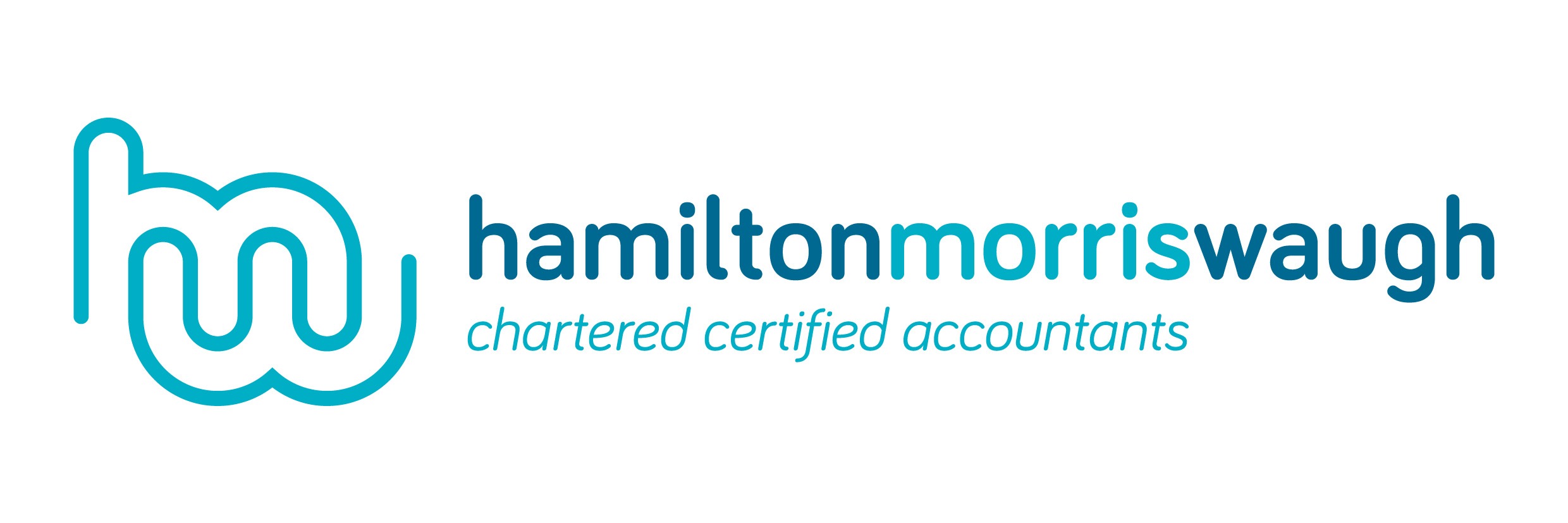If you’ve sold or you’re planning on selling a residential property, you’ll need to understand the capital gains tax rules for selling a house.
In this article, we’ll explain when you need to report gains on residential property sales, covering everything from claiming private residence relief to navigating the 60-day CGT rule. Here’s what you need to know.
Capital gains tax rules for selling a house: when should I pay?
Selling your home
In most cases, you will not need to pay CGT when selling your home. You’ll automatically receive private residence relief if all of the following apply:
- the property is your only home
- you have lived in the property as your main home for as long as you’ve owned it
- you have not let out part of the property (excluding any lodgers)
- you have not used part of your home exclusively for business use
- the property’s grounds span less than 5,000 square metres in total
- you did not buy the property just to make a profit.
If any of the above does not apply, you may need to pay some capital gains tax on the disposal.
The amount payable will depend on your specific circumstances, so we recommend seeking out specialist CGT advice and consulting HMRC guidelines to make sure you calculate your bill correctly.
Selling other residential properties
You’ll usually need to pay CGT when you make a gain on a property that is not your main residence, such as a holiday home or buy-to-let property. However, there are some exceptions to this rule.
For example, CGT will not apply if you gift the property to a spouse or donate it to charity. You may also be exempt from paying CGT on residential properties occupied by a dependent relative.
Furthermore, if someone leaves you property in a will, you won’t need to pay CGT until you sell or dispose of it. Once you make the sale, your taxable gain will be measured from the date you inherited the property.
When is the deadline for reporting CGT?
If your property sale triggers a CGT charge, you’ll have 60 days from the date of completion to report the disposal to HMRC and pay your CGT bill. Missing this deadline could result in a late-filing penalty, so you should aim to file a 60-day return as soon as possible.
However, different rules usually apply if the deadline falls after you report the disposal in your self-assessment tax return.
Let’s say your completion date for a property disposal lands on 31 March 2024. So long as you declare the disposal in your self-assessment return within 60 days, you won’t need to file a separate return or pay your bill within that timeframe. Instead, you should be able to defer the payment until the usual self-assessment deadline on 31 January 2025.
This can give you more time to pay your CGT bill — which can be good news for your cashflow. However, CGT legislation can be complicated, so you should always speak to a tax professional before trying to defer payment in this way.
As CGT accountants, we can draw up a tax strategy that maximises your gains while keeping you compliant. We’ll help time your disposals correctly and advise you of different ways to cut down your liabilities.
Want to learn more about the capital gains tax rules for selling a house? Talk to a tax advisor to find out how our specialist CGT services can help.


